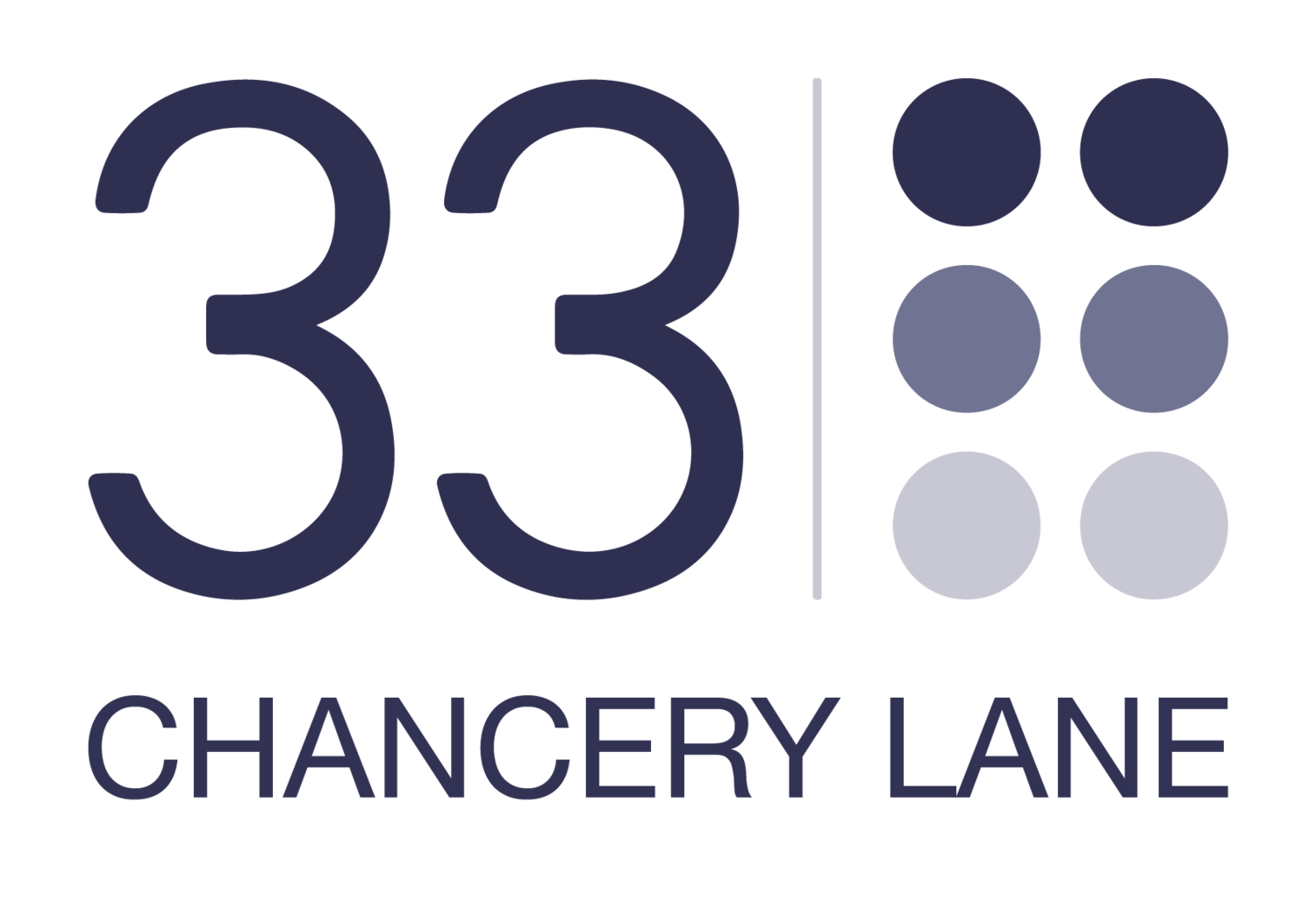Civil Recovery of significant funds held across thousands of accounts at UK Bank
In an interesting and important case heard on Friday in the Commercial Court of the High Court, the court made a “recovery order” (that is a forfeiture order) under s.266 of the Proceeds of Crime Act 2002 in respect of funds held by 30,000 former Barclays Bank account holders, totalling £53,901,346. These funds had been identified by the Bank since 2011 as potentially the proceeds of crime as the account holders (who were unconnected to one another) were suspected of being fraudsters. Barclays had placed the funds in suspense accounts to prevent the fraudsters accessing them and requested evidence from the account holders of their legitimate origin. In the absence of adequate evidence of a legitimate source, the fraudsters abandoned the funds and the Bank prevented money laundering.
In these circumstances, the court was satisfied that the funds were obtained by crime and, since it was impractical to identify the account holders, the court granted permission to proceed against “persons unknown”. The order for £53m odd was made accordingly, plainly without any objection by the Bank, in what is thought to be a first of a case of this kind. For the lawyers interested in the mechanism, the effect of the recovery order was to vest the debts held by the account holders against the Bank (that is the credit balances held to their accounts) in the NCA. In this way, the obligations in debt by the Bank to the account holders were cancelled and the equivalent sum paid to the NCA.
Kennedy Talbot KC was instructed by Barclays.
